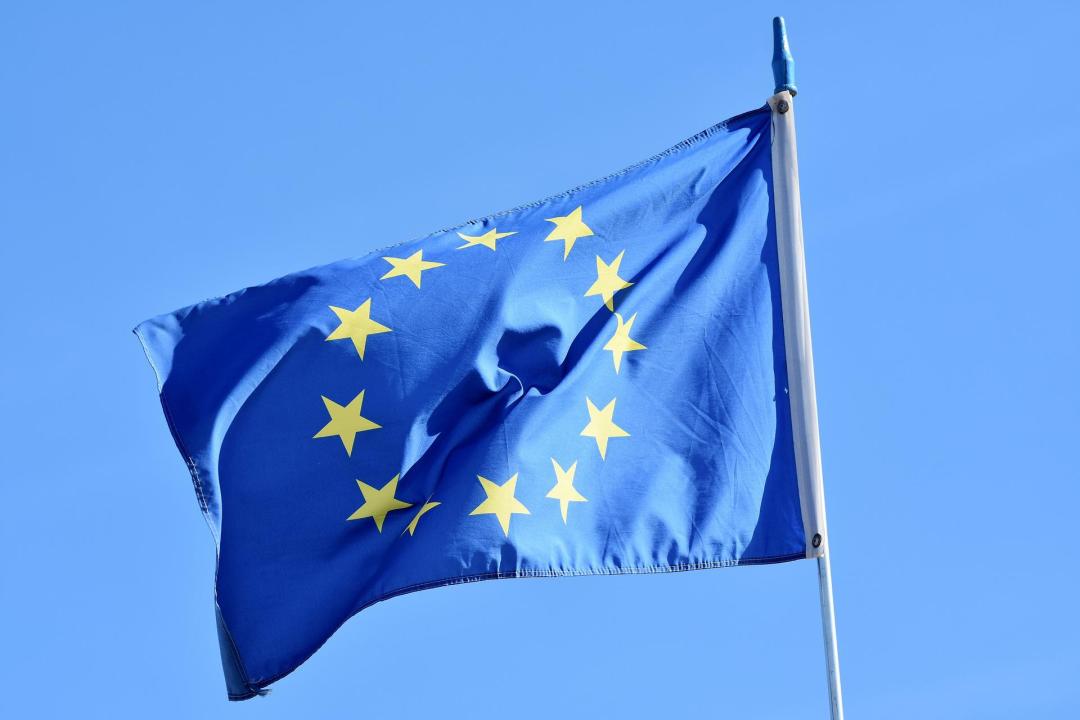
EU Official Discusses Economic Potential in Post-Peace Agreement Caucasus

On May 3, Gert Jan Koopman, the Director General for Neighborhood and Enlargement Negotiations of the European Commission, recently discussed various issues about Azerbaijan and Armenia in an interview with the Report, including the ongoing normalization process between the two countries, demining efforts, and the EU’s role in facilitating peace and cooperation.
Koopman highlighted the severe mine threat in Azerbaijan’s liberated territories, noting that it will take years to clear these areas. The European Commission actively assists in this crucial task through a support program in collaboration with the Mine Action Agency of The Republic of Azerbaijan (ANAMA). The program focuses on training, equipment provision, and covering operational demining costs, with an initial financial contribution of 12 million euros. Additionally, the EU has offered technical support and considers this initiative a priority in cooperating with Azerbaijan.
Koopman expressed optimism when discussing the recent preliminary border delimitation agreement between Azerbaijan and Armenia. He was particularly pleased to learn about the collaborative demining efforts, including the contribution of demining equipment by Azerbaijan to Armenia and the involvement of female demining teams from both countries. He views these developments as positive signs toward achieving lasting peace in the region.
Koopman remains hopeful regarding the potential for a peace treaty between the two nations. He praised the ongoing dialogue and upcoming meetings to solidify this peace agreement, which the EU fully supports. He emphasized the transformative potential of peace in the region, which could significantly enhance economic ties and development opportunities between the EU and the region.
When asked about the EU’s role in supporting peace, Koopman stressed that while the EU is ready to assist, it respects the sovereignty of the countries involved and their ability to manage their negotiations. He remarked on the impressive progress made by the two countries on their own.
Koopman refrained from commenting extensively on the departure of Russian peacekeepers from the liberated areas but noted that Azerbaijan’s restoration of territorial integrity and the assumption of responsibility by its own forces are positive steps.
In an exclusive interview with Report, Gert Jan Koopman recently emphasized the transformative impact that peace in the South Caucasus could have on the region. He remarked on the ongoing peace talks between Azerbaijan and Armenia and expressed optimism about the process.
Koopman stated, "And I'm very happy that the two countries are taking it forward together. I understand that there will be a series of further meetings. And I'm very hopeful that you will reach this peace agreement, which I can say we will, of course, fully support." He noted the unexpectedly smooth progression of the talks, which he described as "extremely positive."
Highlighting the broader implications, Koopman added, "I think peace in the region will change everything. The region has enormous potential. We Europeans would very much like to work with the region. And I think if this long-standing regional conflict is finally put to bed, the chances for growth, development, and economic ties between the EU and the region will only grow more strongly." His comments reflect a strong EU commitment to supporting peace efforts and fostering closer ties with a stable and prosperous South Caucasus.
Lastly, regarding the upcoming COP29 and Azerbaijan’s role as the host, he revealed that discussions with the Azerbaijani Minister responsible for the COP were scheduled. He emphasized the EU’s readiness to support Azerbaijan’s efforts in renewable energy, energy efficiency, and combating climate change, recognizing these as significant achievements for the country.
See Also


Armenia Records 5.9% GDP Growth in 2024, Missing 7% Goal

Yerevan Balances Strategic Ties with Both US and Russia, Says Foreign Minister

FM Mirzoyan: Peace Deal with Azerbaijan Is Within Reach

Pashinyan and Erdogan Hold Call, Reaffirm Commitment to Ongoing Dialogue

